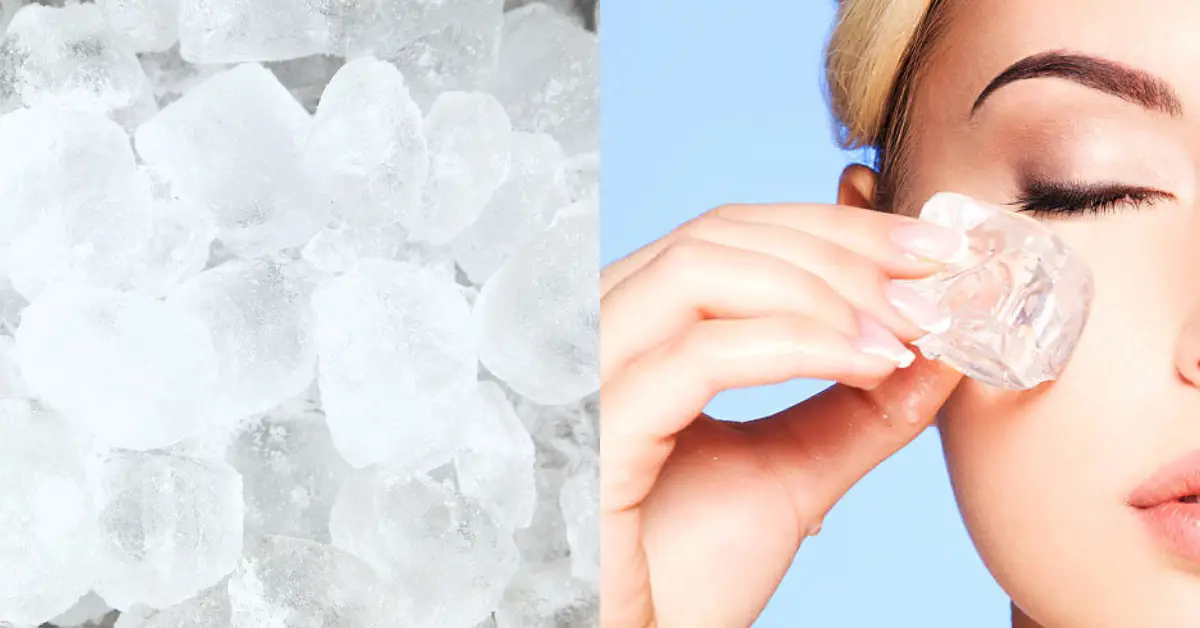The world of skincare can be daunting, particularly when it comes to understanding the science and effectiveness of various treatments. Among the most popular and powerful skincare ingredients on the market, tretinoin and retinol stand out for their ability to fight acne, reverse signs of aging, and improve overall skin health. Despite their similarities, choosing between tretinoin and retinol may leave you bewildered. In this article, we will shed light on the treatment capabilities, usage, and benefits of tretinoin vs retinol, allowing you to make an informed decision about which ingredient is right for your skin.
Understanding Retinoids
Tretinoin and retinol both fall under the umbrella category of retinoids – a class of compounds derived from vitamin A that have been shown to exhibit remarkable results when used topically on the skin. Vitamin A plays a crucial role in maintaining healthy skin by promoting cell turnover, reducing inflammation, and stimulating collagen production. Retinoids can be classified into two categories: over-the-counter (OTC) and prescription-strength retinoids. Retinol belongs to the OTC category, while tretinoin is a prescription-strength retinoid.
Demystifying Tretinoin VS. Retinol
Potency and Effectiveness
One of the primary distinctions between tretinoin and retinol lies in their potency. Tretinoin, a prescription-strength retinoid, is the biologically active form of vitamin A (also known as retinoid acid or all-trans retinoid acid). Its active structure allows it to be readily absorbed and utilized by the skin, resulting in a more potent and effective treatment.
Retinol, on the other hand, is an OTC retinoid that must first undergo conversion into retinoic acid upon application to the skin. This process can reduce the potency of retinol, with studies showing it is approximately 20 times less potent than tretinoin. However, this ultimately means retinol may trigger fewer side effects and is more easily accessible due to its OTC status.
Related articles
Skin Concerns: Acne and Aging
Tretinoin is often prescribed as a first-line treatment for mild to moderate acne due to its effectiveness in unclogging pores, reducing inflammation, and preventing future breakouts. It can also reduce the appearance of acne scars and post-inflammatory hyperpigmentation by promoting cell turnover and exfoliation.
Retinol, while less potent, can still yield a significant improvement in acne-related skin issues, albeit at a slower pace. Coupled with its gentler effects on the skin, retinol is better suited for those with sensitive or reactive skin.
Both tretinoin and retinol are exceptional in targeting the signs of aging, including fine lines, wrinkles, and uneven skin tone. They work by promoting collagen production, enhancing skin elasticity, and stimulating cell turnover, ultimately revealing a fresher, smoother, and more youthful complexion.
Side Effects and Sensitivity
Due to its higher potency, tretinoin is more likely to cause irritation, dryness, redness, and flaking, especially during the first few weeks of use. However, these side effects tend to subside as the skin acclimates to the treatment.
Retinol, being less potent, is generally better tolerated by those with sensitive or reactive skin. Although some users may experience mild irritation, it’s less likely to occur than with tretinoin. For those new to retinoids or concerned about skin reactions, retinol is the better option.
The Verdict
Deciding between tretinoin and retinol ultimately depends on your skin’s needs, concerns, and tolerance. Tretinoin is more potent and effective in addressing acne and advanced signs of aging, though it may initially cause skin irritation. On the other hand, retinol provides a gentler and more accessible option, better suited for those with sensitive skin or those new to retinoid treatments. Regardless of your choice, regularly using retinoids as part of a carefully curated skincare regimen can significantly improve your skin’s overall health and appearance over time. And as always, it is essential to consult with a dermatologist before beginning any new skincare treatment.











